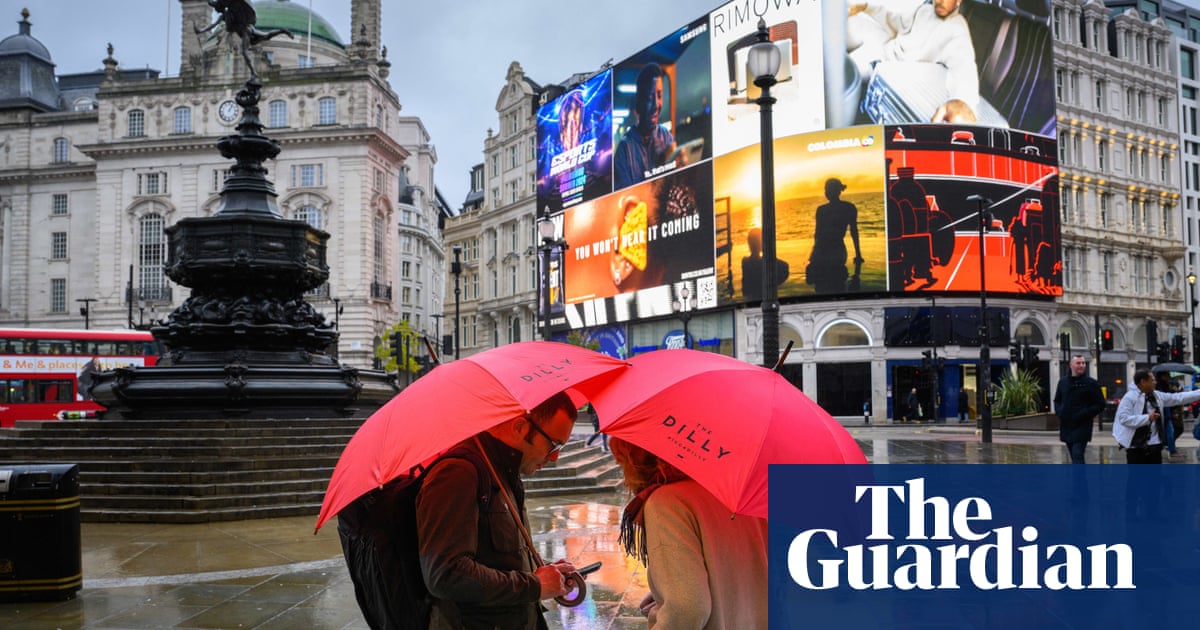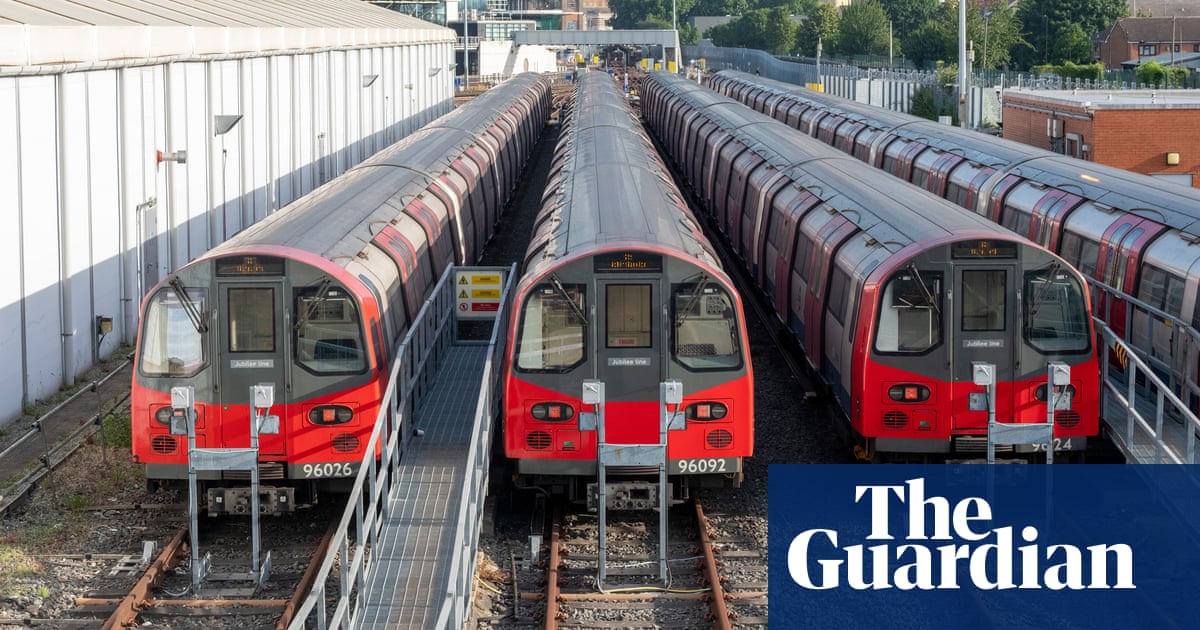
Shaftesbury, which owns swathes of Chinatown, Soho and Covent Garden, said West End crowds were returning despite the Omicron variant, with the prospect of an extended period of uninterrupted trading.
The landlord, which owns a 16-acre (6-hectare) portfolio in the heart of London, said its vacancy rate had fallen below 5% for the first time since the pandemic started, to 4.9% in recent weeks – just above the 4.8% recorded in March 2020.
Brian Bickell, the chief executive, said the strong rebound in confidence and activity since last summer had continued into the key pre-Christmas period and the recovery was on track, despite short-term disruption from Omicron.
City centres have been hammered by Covid-19 lockdowns over the past two years, with shops, restaurants and bars forced to shut their doors for several months at a time, forcing many out of business.
During the first lockdown in spring 2020, the West End ground to a halt, and as many as 180 of the 630 flats owned by Shaftesbury were vacated as people moved out of London.
When the new, highly contagious Omicron variant emerged in early December and the government imposed fresh restrictions, including ordering people to work from home where possible, some restaurants and bars closed temporarily and footfall in shops plummetted. The number of shoppers, tourists and office workers coming into the West End fell back to levels seen last summer.
But with the lifting of restrictions in late January, “visitors and the West End’s important working population are now returning”, Bickell said.
“Together with an improving outlook for international leisure and business travel, there is now the prospect of an extended period of uninterrupted trading growth.
“Robust occupier interest across all our uses and in each of our locations has continued throughout the period, our vacancy levels are trending lower towards pre-pandemic levels and rent collection rates continue to improve.”
Bickell told investors at the landlord’s annual meeting that visitor numbers in the West End were higher over the last weekend of January than at the same time in 2019.
Businesses that were struggling to pay their rent during the pandemic are now mostly paying it again: for the quarter to 31 December, Shaftesbury received 88% of rent, with 10% outstanding and 2% waived. The landlord now only grants rental support on an exceptional case-by-case basis.
John Cahill, an analyst at the US investment bank Stifel, said: “Short-term staffing issues also appear to be abating, and the long-term outlook is improving with the prospect of a return of international tourists and business travellers.”












